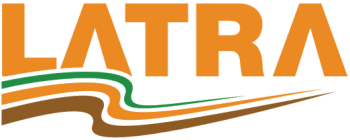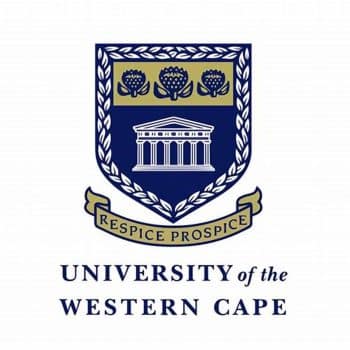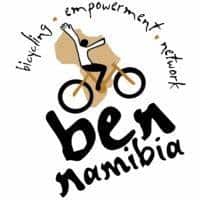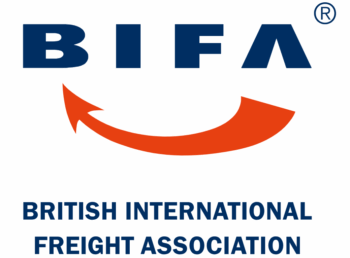Briefing Docs
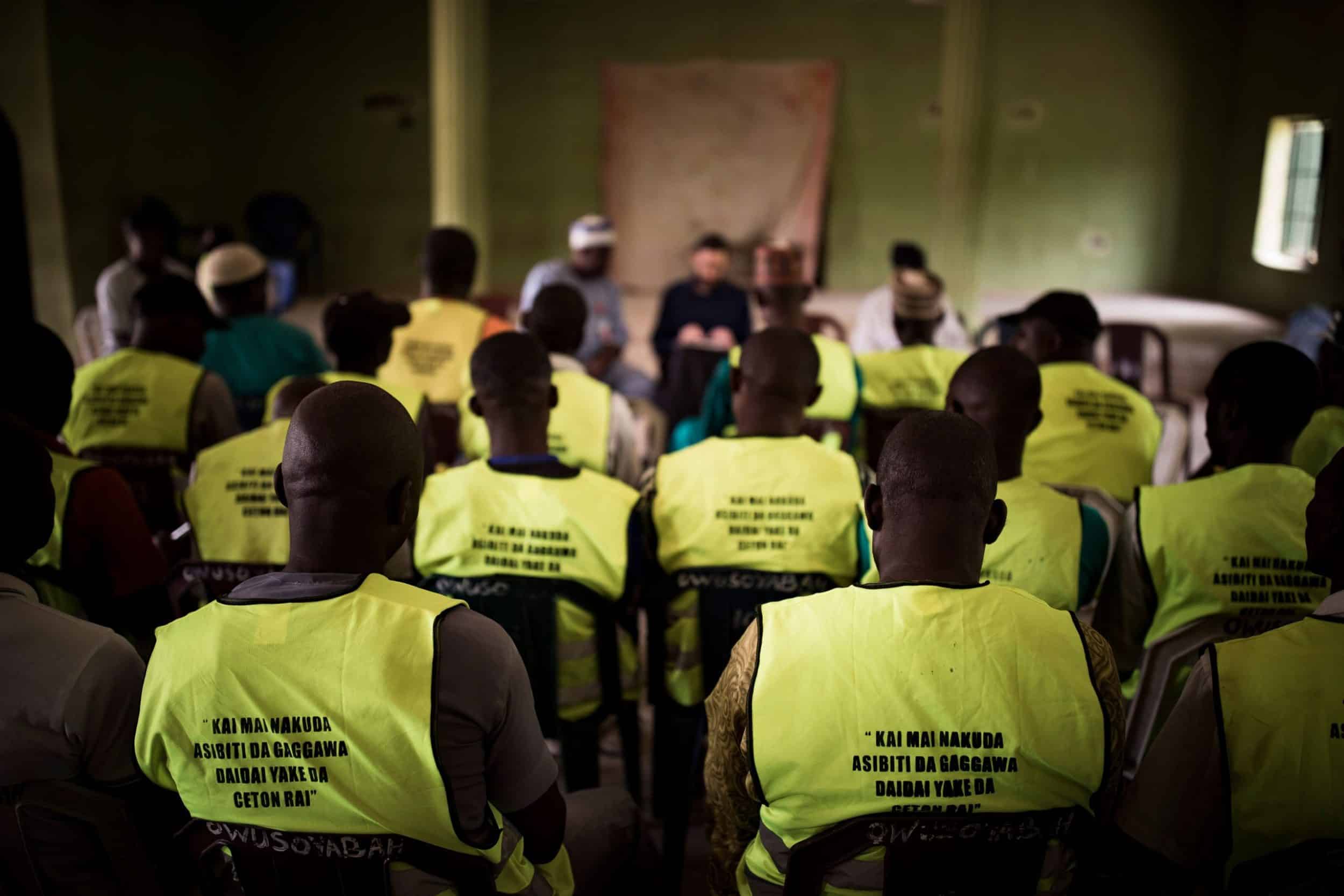
eBox Micro Enterprise: An Incentive for community health actors
This technical brief outlines the trial of an innovative solution to motivate community health volunteers (CHV) through establishing the transport-related Micro Enterprise eBox, improving CHV mobility, and establishing emergency transport systems. This brief is included in a series of fifteen MAHEFA technical briefs that share and highlight selected strategic approaches, innovations, results, and lessons learned from the programme.
Madagascar Community-Based Integrated Health Program (CBIHP), locally known as MAHEFA, was a five-year (2011-2016), USAID-funded community health program that took place across six remote regions in north and north-west Madagascar (Menabe, SAVA, DIANA, Sofia, Melaky, and Boeny). The program was implemented by JSI Research & Training Institute, Inc. (JSI), with sub-recipients Transaid and The Manoff Group, and was carried out in close collaboration with the Ministry of Public Health, the Ministry of Water, Sanitation and Hygiene, and the Ministry of Youth and Sport. Over the course of the program, a total of 6,052 community health volunteers (CHVs) were trained, equipped, and supervised to provide basic health services in the areas of maternal, newborn, and child health; family planning and reproductive health, including sexually transmitted infections; water, sanitation, and hygiene; nutrition; and malaria treatment and prevention at the community level. The CHVs were selected by their own communities, supervised by heads of basic health centers, and provided services based on their scope of work as outlined in the National Community Health Policy. Their work and the work of other community actors involved with the MAHEFA program was entirely on a voluntary basis.

